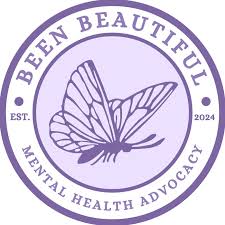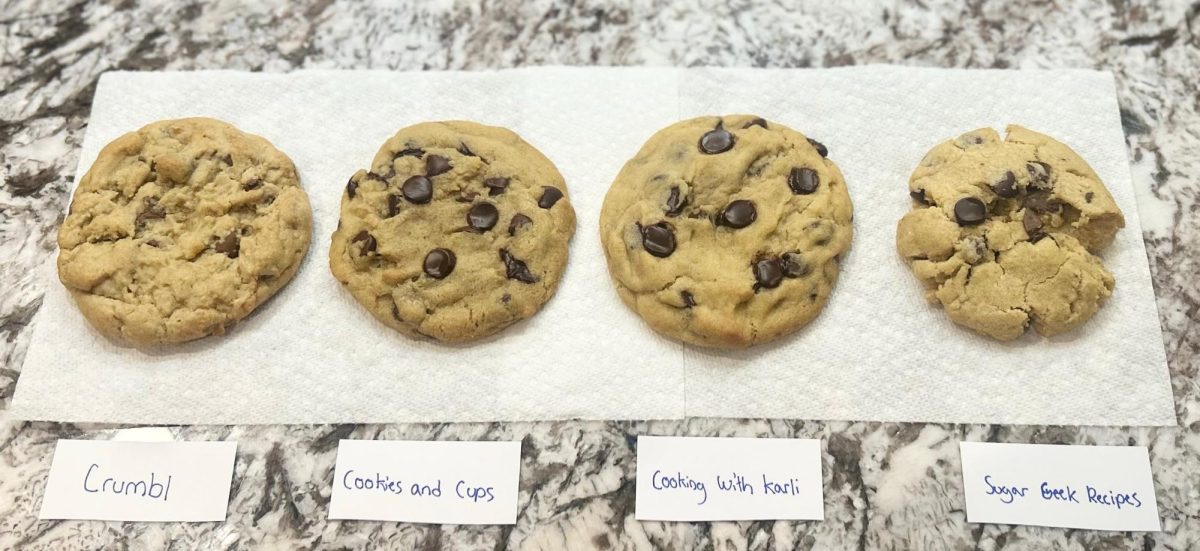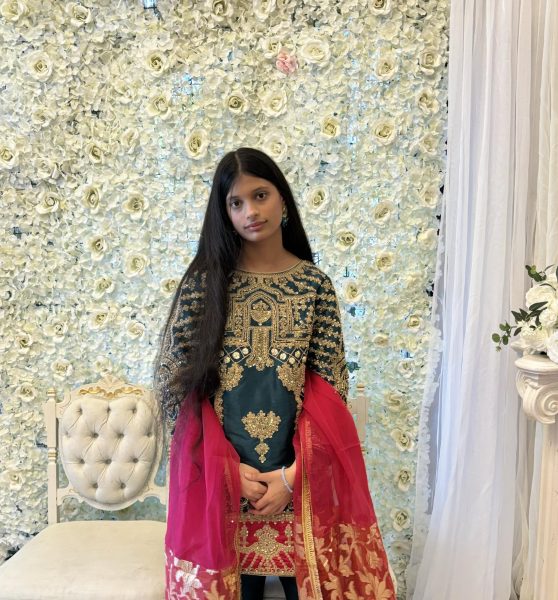
Australia is making a bold move with the decision to a major social media ban nationwide.
Australia is about to pass a new law that bans kids under 16 from using social media, like TikTok, Instagram, Facebook, and Snapchat. This law is planned to take effect in late 2025. Educational platforms like YouTube are not included in this ban because they are used to help with the learning process. The main idea behind this law is the concern regarding the mental health impacts of online platforms. Things like rising disorders, self-harm, and suicide are linked to social media usage. If social media platforms fail to keep young people off of their platforms, it will be a $32 million expense on their hands.
Many people disagree with the social media ban due to its potential consequences. It can cause difficulties in developing digital skills, which are often used in today’s world. Other people worry that kids can find ways to bypass the ban, which can lead them to riskier and unregulated platforms. There is also concern about the loss of social media as a tool for creativity, connection, and learning. Privacy issues around age verification methods and the fear that they might anger kids have been raised. Additionally, some feel the law was rushed through the public debate, leaving gaps that can lead to consequences. Ayaan Zafar, a sophomore at UCONN states “It would be a bad idea if you limit young people from social media platforms it broadens their mindset, if you use social media stuff you learn on social media and things you are different, so it can end up affecting your thought process as an adult.”
On the other hand, many people are in support of the ban for teens under the age of 16 because there are several advantages to prohibiting children under 16 from using social media. A social media ban can help by lowering their exposure to online harassment and unrealistic standards that can harm their self-esteem. Along with this, the ban can contribute to the protection of children’s mental health. Without social media, kids can concentrate more on developing communications and real-world relationships, which are critical for personal growth. The ban also reduces distractions, which allows children to participate in more productive activities and helps them do better in school. Most importantly, it protects their privacy and keeps them safe from offensive material that they might not be prepared to see yet. Lastly, people believe that restricting social media access promotes healthy behaviors like going outside and engaging in hobbies that might improve their mental and physical health.
Overall, Australia’s social media ban for kids under 16 has sparked a heated debate. The debate draws attention to a conflict that exists in this digital era between personal freedoms and safety.






















